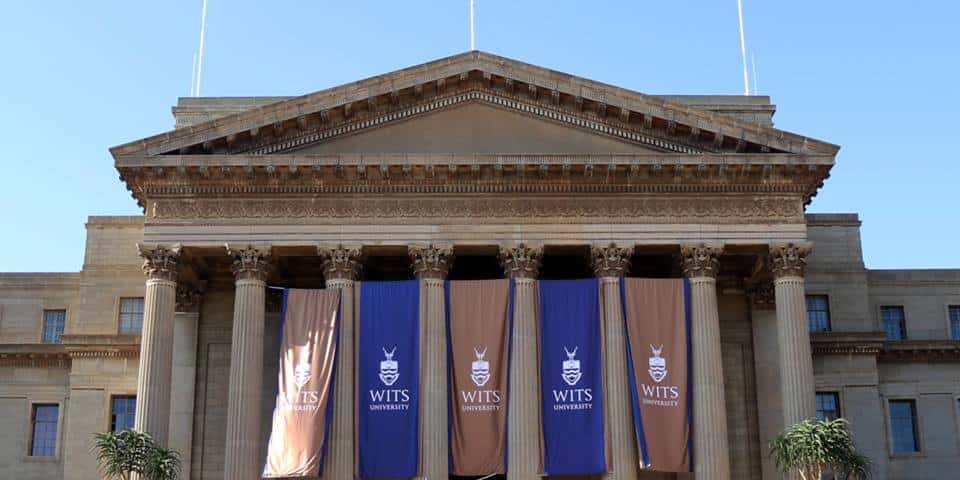Wits University announced on Wednesday that it has instituted an emergency remote teaching and learning programme.
The remote programme is one of the measures Wits is implementing to help minimise the lost time during the ongoing lockdown, which was instituted to curb the spread of the coronavirus pandemic.
The university said in a statement that it has finalised an agreement with four telecommunications service providers: Telkom, MTN, Vodacom and Cell C to zero-rate Wits’ library and learning management sites from 15 April 2020.
The full list of zero-rated sites is available via this link:https://www.wits.ac.za/mywits/zero-rated-data-to-students-and-applicants/
“We are working through Universities South Africa to reach an agreement with telecommunications service providers to ensure that other products and sites like Microsoft Teams, Zoom and other learning sites are either zero-rated or reverse billed to the university,” Wits said.
“These sites may have to be accessed via the Wits VPN. Negotiations are underway and we will keep the University informed of these matters in the coming days.”
The university said it has established a Mobile Computing Bank which will enable qualifying students who do not have access to appropriate mobile learning devices to loan basic devices from the MCB.
“These basic computing devices will be suitable for educational purposes and will be pre-loaded with the required learning resources before being delivered via the South African Post Office to students who need them,” explained the statement from Wits.
📲📚 APPLY TO LOAN A DEVICE: Wits University’s Dean of Student Affairs, Mr @JeromeSeppie has provided measures for students to apply for a loan device to ensure that students have access to academic resources. Please read the application process carefully: https://t.co/RU4fdc3jQW pic.twitter.com/KBV9sN8JLk
— Wits University (@WitsUniversity) April 15, 2020
“The cost of the device will be added to students’ fee accounts and will be reversed if the device is returned in good order at the end of the 2020 academic year. The students most in need will be prioritised when devices are allocated.”
In cases where students do not have access to devices or data other options are being explored, including the possibility of using the South African Post Office to deliver paper-based material to our students.
“To be clear, the university is not transitioning to a permanent online modality for all courses, nor are we becoming a correspondence institution,” said the statement.
“We are instituting an emergency remote teaching and learning programme as one measure that will help us to minimise the time lost in the academic project.
“We are clear that the emergency remote teaching programme will not serve as a comprehensive solution to our current challenges.”
There are specific disciplines that may be patient-based, laboratory-based, studio-based or involve creative practices that cannot be undertaken online.
“In these instances, we will have to explore high-intensity immersion classes when we resume contact teaching,” explained Wits.
